19, July 2023
UN official lauds Yaoundé’s strides in HIV/AIDS prevention and control 0
Cameroon has made “remarkable” strides in the prevention and control of HIV/AIDS, a United Nations official said on Tuesday.
Winnie Byanyima, executive director of the Joint United Nations Program on HIV/AIDS (UNAIDS), made the remarks after meeting Prime Minister Joseph Dion Ngute in Yaoundé.
“Cameroon has been succeeding in fighting against HIV/AIDS in the last 10 to 12 years, bringing down infections by more than 60 percent,” Byanyima said.
Despite the encouraging strides, there are still challenges, and efforts, especially in stopping mother to child infection and keeping children on treatment, need to be stepped up to keep the infection rate lower, she said.
There is an “ambitious plan to roll out universal secondary education so that girls are safe at school and not infected,” she added.
The HIV prevalence rate in Cameroon dropped from 3.3 percent in 2020 to 2.7 percent last year, according to the Ministry of Public Health.
Source: Xinhuanet

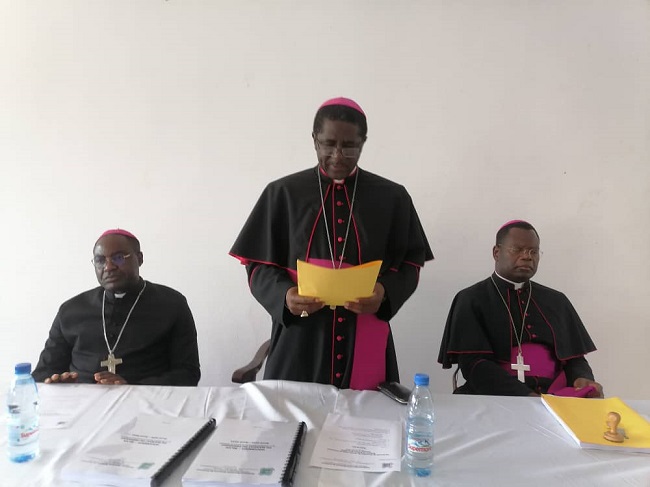
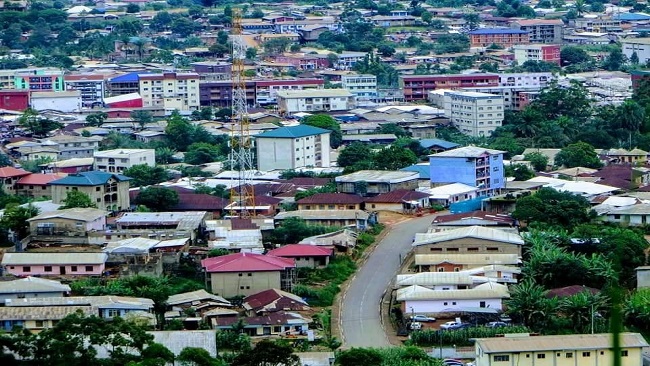

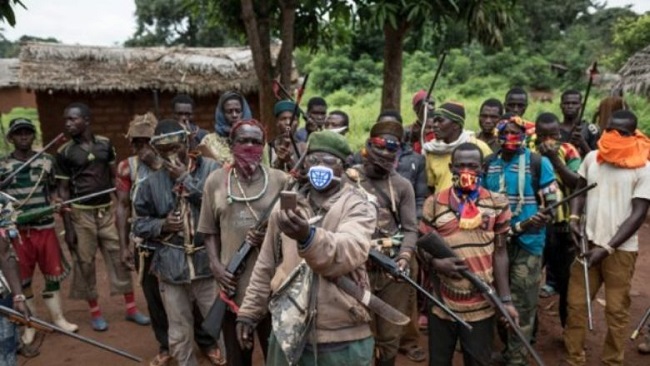

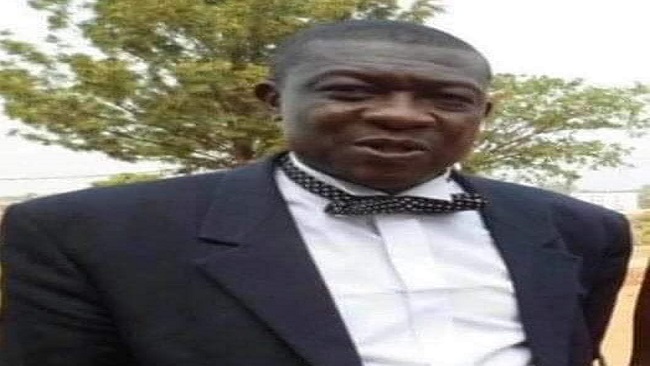

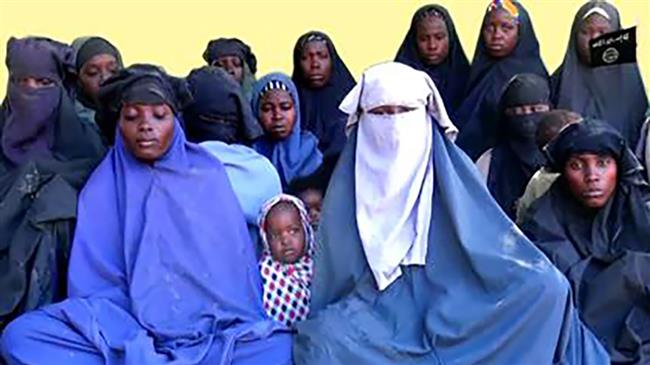


















19, July 2023
Biya regime heads back to the money market to raise CFAF10bln with 13-week securities 0
Cameroon opened, Monday (July 17), subscriptions to its 13-week treasury bills (T-bill) on the central bank BEAC’s money market. The subscriptions, which will close today (July 19), aim to fetch the country a CFAF10 billion envelope to pay off a CFAF8 billion debt contracted 26 weeks earlier.
This new fund-raising follows Cameroon’s first major success in that market since January 2023. Indeed, after several unsuccessful operations, on July 10, at the end of a 26-week T-bill issue, the country attracted CFAF54.5 billion in subscriptions, higher than its CFAF50 billion target.
To keep the weighted average interest rate at 5%, the country retained just CFAF49 billion. It is worth noting nevertheless that to attract investors, Cameroon agreed to a 5% interest rate on its short-term securities, which is the same rate it was offering for 4-year bonds ten days earlier. The rate is higher than the 3% it used to offer investors for the same type of security in the same market.
To succeed in its fundraising operations, Cameroon is adapting to the generalized rise in interest rates in that market following the tightened monetary policy adopted by the BEAC. It will surely do the same for the ongoing issue.
Source: Business in Cameroon